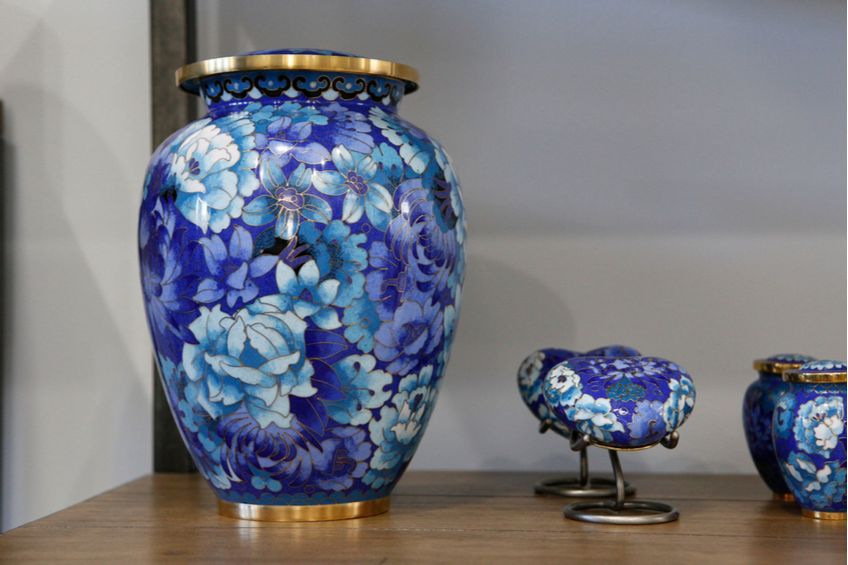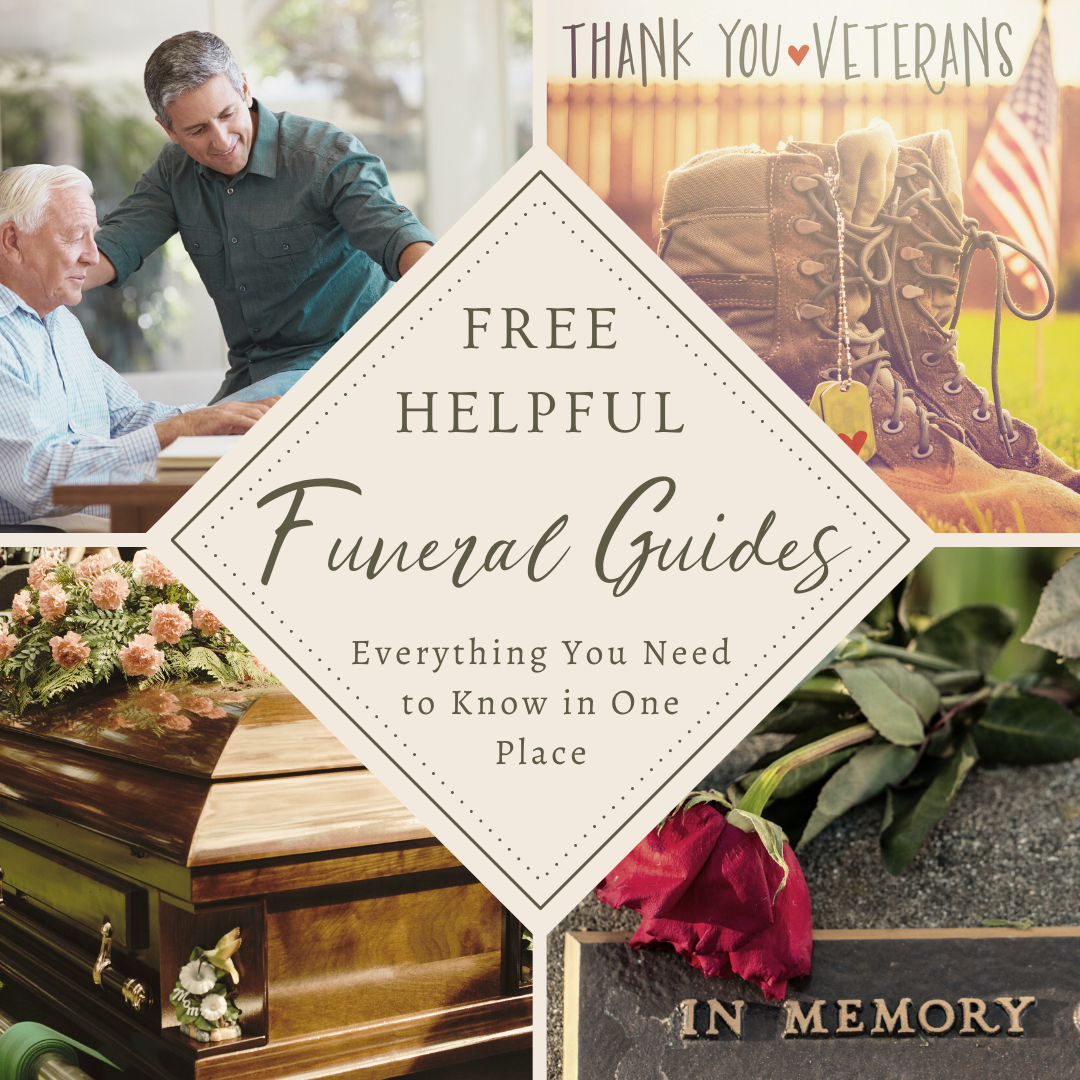The number of cremations taking place in Canada is steadily increasing. As more people choose to be cremated following death, here are some answers to common questions.

The number of cremations taking place in Canada is steadily increasing. As more people choose to be cremated following death, here are some answers to common questions. How many people are cremated at once? Legally, just one body can be cremated at a time. As a result, the cremation chamber is designed so it can only accommodate one body. Once the cremation is over, all remains must be cleared out of the cremation chamber before another cremation can occur. Do you need a casket for cremation? Yes, you will need a basic casket for cremation. It doesn't need to be anything fancy, but some sort of basic container is required for the cremation process. How can I be sure those are my loved one’s remains? Family members may wonder how they can be certain that the ashes they receive are those of their loved one. Fortunately, there are many safeguards in place to ensure that ashes are not misidentified. The identity of the deceased is checked multiple times throughout the process. Their identity is first checked at the hospital if that was where they died. Then, their identity is checked again when they are received at the morgue by transfer staff. It is checked again when they come to the funeral home and again at the crematory. Most crematories have a specific identification process. For example, one method is to use a metal coin that can be placed with the cremated remains. The coin doesn’t burn and will be there to identify the remains. The coins typically have an ID number on them that identifies the remains. The coin is left in with the cremated remains and then attached to a bag for the cremated remains when they are placed in the urn. That ID number is also on any paperwork that accompanies the cremated remains, such as the cremation certificate. Whoever has the cremated remains will be able to match the number on the coin to the certificate. What happens to things like pacemakers or other metal implants? Things like pacemakers, which may explode, are removed from the body before cremation. Other metal implants that don’t melt are removed from the ashes after the cremation. These things are either placed aside for recycling or may be returned to the family if requested. If you have any other cremation questions, talk to your funeral director. They will be happy to answer them.

